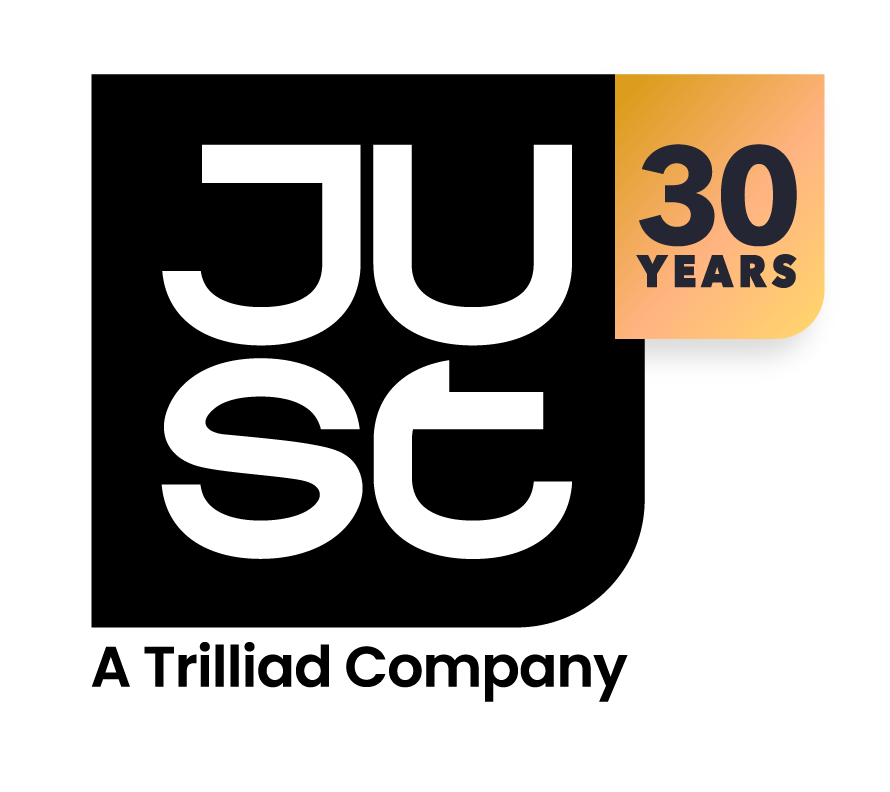To evolve and stay relevant, big agencies have needed to add new disciplines to their shops by either building those skills organically or through strategic acquisitions. This past week it was announced that Publicis Groupe and Omnicom will merge to form Publicis Omnicom Group.
Many have initially reported that this merger is intended to restore the balance of power between advertising agencies and Silicon Valley behemoths like Google and Facebook. Scale has become increasingly critical to agencies when it comes to purchasing media and delivering value to their clients. The deal has reportedly been estimated to result in $500 million in efficiencies for its clients and the new company’s combined revenue will overtake WPP group, making it #2 in the ad world.

However, the variety of sources reporting on this merger including ad brands like AdAge, MediaPost and AdWeek among many others have brought up many concerns associated with the deal expected to close potentially early 2014.
- Creating a Monopoly: “The combined company accounted for 41.2% of 2012 revenue among the world’s 10 largest media agencies,” reported AdAge. It is likely that the U.S. would be wary of one company controlling such a large portion of the market. This will surely result in intense scrutiny from U.S. regulators.
- Competing Clients: The merger will bring competitors under the same holding company umbrella. Major competing clients:
- Automotive: Toyota, Buick, Chevy, Nissan, Mercedes, Volkswagen
- Telecommunications: T-Mobile, Sprint, AT&T, Verizon
- Beverages: Coca-Cola and Pepsi
- Food: McDonald’s and Pizza Hut
- Beer: MillerCoors and Anheuser-Busch InBev
- French Animosity: French “authorities might not take warmly to any Americanization of a company that is a bright spot in the bruised French economy,” reports TIME. Further reports go into detail on the intricacies of how Publicis has been woven into the framework of France’s politics and economics, and simply put AdAge says, “Publicis is simply much more important in France than Omnicom is in the U.S..”
- Culture Clash: With a reported $500 million dollars in synergies, only time will tell if cultures click from the merger. It could in fact be that efficiencies in the form of consolidation may loom over existing employees of both companies.
As the merger plays out, no doubt we will continue to hear the details of this giant union. With many concerns from the adland news media, I would expect both employees and clients to be weary of this consolidation under one company.
At a time when we see many companies moving away from large agency behemoths, due to lack of customer service and constant account team turnover, it will be interesting to see if this type of move actually benefits the clients versus improving the agencies own efficiencies through redundancies.
Only time will tell.
Stefanie Feilinger
Just Media, Inc.
